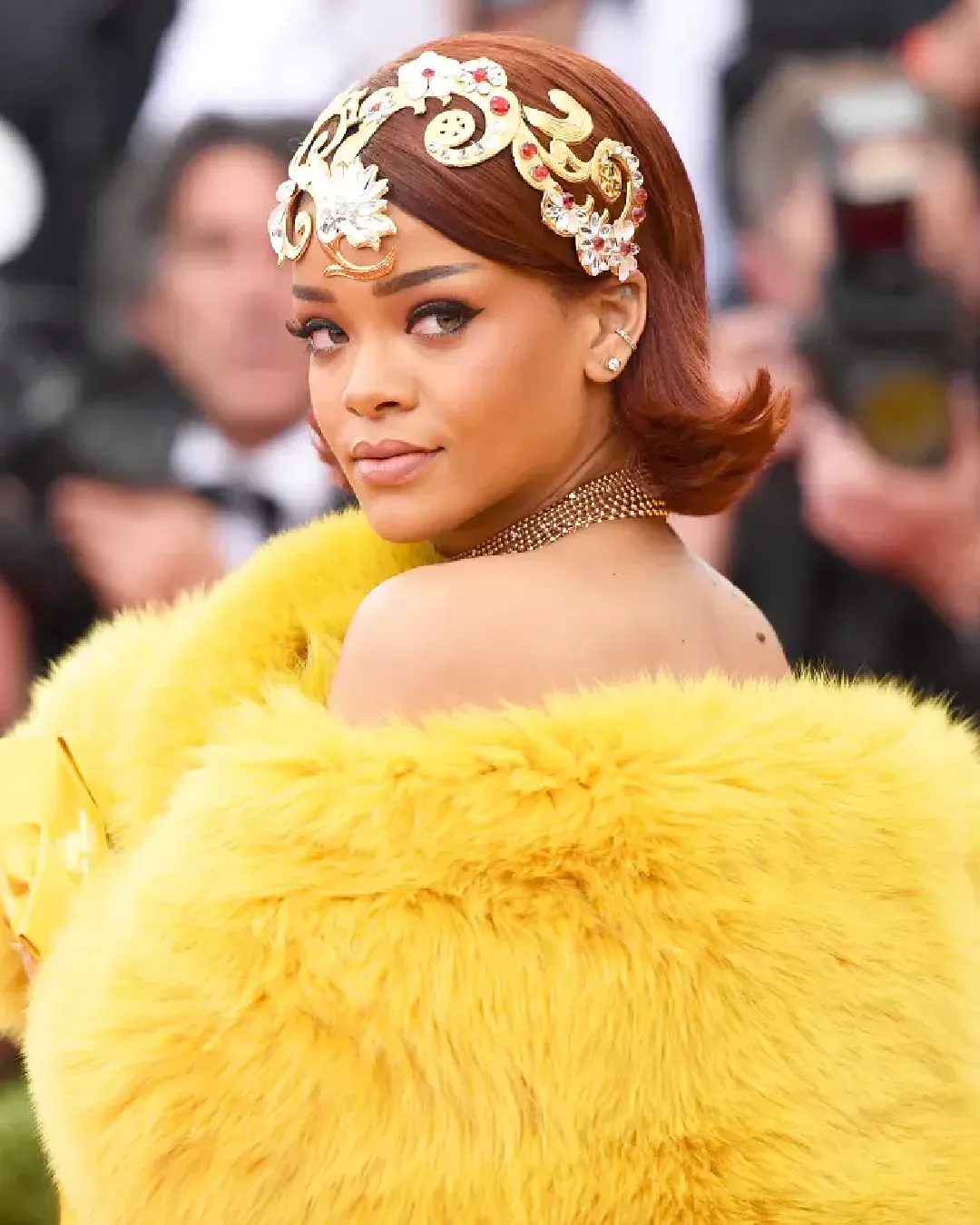
Is the end near for Twitch? The most popular gamers platform is going through an identity crisis
During the pandemic, the live streaming platform Twitch had become the TV of Generation Z, but now it's changing. The case of Twitch is interesting to understand how unclear visions, in the end, lead companies that have "invented a sector" to struggle to remain on top. Twitch was founded in 2011 and was acquired by Amazon in 2014 for one billion dollars. Between 2020 and 2021, user time spent on the platform increased by 45%, with an average of over 90 minutes per session. Then came the celebrities, the news outlets, and even major fashion houses, but three years later, Twitch has lost many of its most followed creators, changed CEOs, ceased its activities in South Korea (a country with no equals in the eSports sector), and announced significant staff cuts, mainly due to the platform's disappointing financial results. Last year, it had already laid off 400 employees after the growth of its users and revenues did not meet management's expectations; the latest recent wave of layoffs affected 35% of the workforce – about 500 people. According to many users, Twitch's golden age would have ended due – among other things – to the success of the platform itself, which would have brought it too close to the mainstream sphere, removing that experimental and futuristic component that had distinguished it during the health emergency.
What are Twitch's problems
Twitch has often been accused of underestimating the so-called "user experience" within the platform – its design, essentially, is considered not very intuitive and not at all practical; the interface tends to push people away rather than engage them through specific functions, but Twitch's problems also concern strategic choices. The platform – unlike other major players like Netflix and YouTube – continues to focus exclusively on streaming without emphasizing the product generated by live streams. Twitch is also criticized by users for its poor content moderation, a criticism that in 2021 led to the online spread of the #ADayOffTwitch hashtag. Continuous live streams, combined with a sometimes toxic environment, have also made the problem of burnout widespread and deeply felt among the app's creators, so much so that several streamers have left the platform to protect their mental health – as did ilMasseo (1.7 million subscribers) in 2022. In the same year, also following this trend, the number of viewers started to decline, as did the hours watched, which dropped from 24 billion to just over 21 billion.
Is Twitch still a gaming platform?
Twitch streamers aren’t therapists.
— DARK (@DarkSalxm) March 24, 2024
Twitch streamers aren’t therapists.
Twitch streamers aren’t therapists.
Twitch streamers aren’t therapists.
Twitch streamers aren’t therapists.
Twitch streamers aren’t therapists.
Twitch streamers aren’t therapists.
On Twitch, videos that don't talk about video games are becoming increasingly popular, despite the platform becoming famous thanks to gamers who live-streamed (and in some cases paid for) their gaming sessions, as well as for eSports events. One category that is thriving on the social network today is the so-called "Just Chatting," videos covering various topics, from monologues to conversations with users, from improvised reality shows to live personal videos, as well as channels dedicated to live music. The increasing level of content heterogeneity has contributed to overloading the company's management, which still does not have a clear target audience to focus on - in the last twelve months, for example, live streams of Spanish-language soccer commentators have surged. In just a few years, Twitch has almost unwittingly transitioned from being a vertical reality on video games to having to deal with all-round entertainment, which is helping to redefine the social network's identity from within. The phenomenon, on other platforms like Instagram, has managed on the contrary to evolve social media and amplify its reach, but in the case of Twitch, it could lead the network towards its end.














































